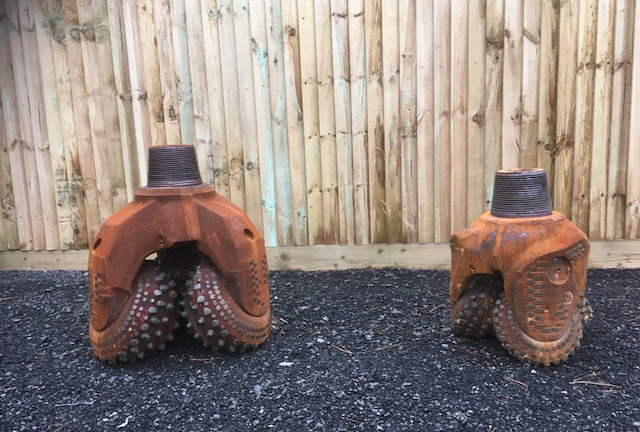By Jeremy Hodges
The U.K. could be producing electricity from a geothermal plant for the first time early next decade after drilling at a site in southwest England showed it could become a viable part of the renewable energy mix.
Initial tests by Geothermal Engineering Ltd. at the 5.1 kilometer (3.2 mile) deep well suggest that the United Downs project in Redruth, Cornwall is capable of producing power, the company said. Once fully operational, it could supply as much as 3 megawatts of electricity.
Tests will continue at the site until the end of the first quarter in 2020 with construction scheduled to begin thereafter, GEL said. The well is the deepest ever drilled and hottest recorded in the U.K. with temperatures of 195 degrees Celsius (383 degrees Fahrenheit).
GEL secured more than 10 million pounds ($12.3 million) from the European Regional Development Fund to research the viability of geothermal power in Cornwall. Water is pumped through granite rocks below the Earth’s crust and naturally heated before it is returned to the surface and turned into steam, which drives the turbine which in turn generates electricity.
Globally there was over 15 gigawatts of geothermal power installed by the end of 2018, according to BloombergNEF data. That number is estimated to increase to almost 24 gigawatts by 2025 as the world seeks more sources of renewable energy.
Drilling the well “at such a depth, was a fantastic achievement in geological and engineering terms and the initial flow tests are very exciting for unlocking the potential of the granite in Cornwall,” Ryan Law, managing director of GEL, said in a statement.





